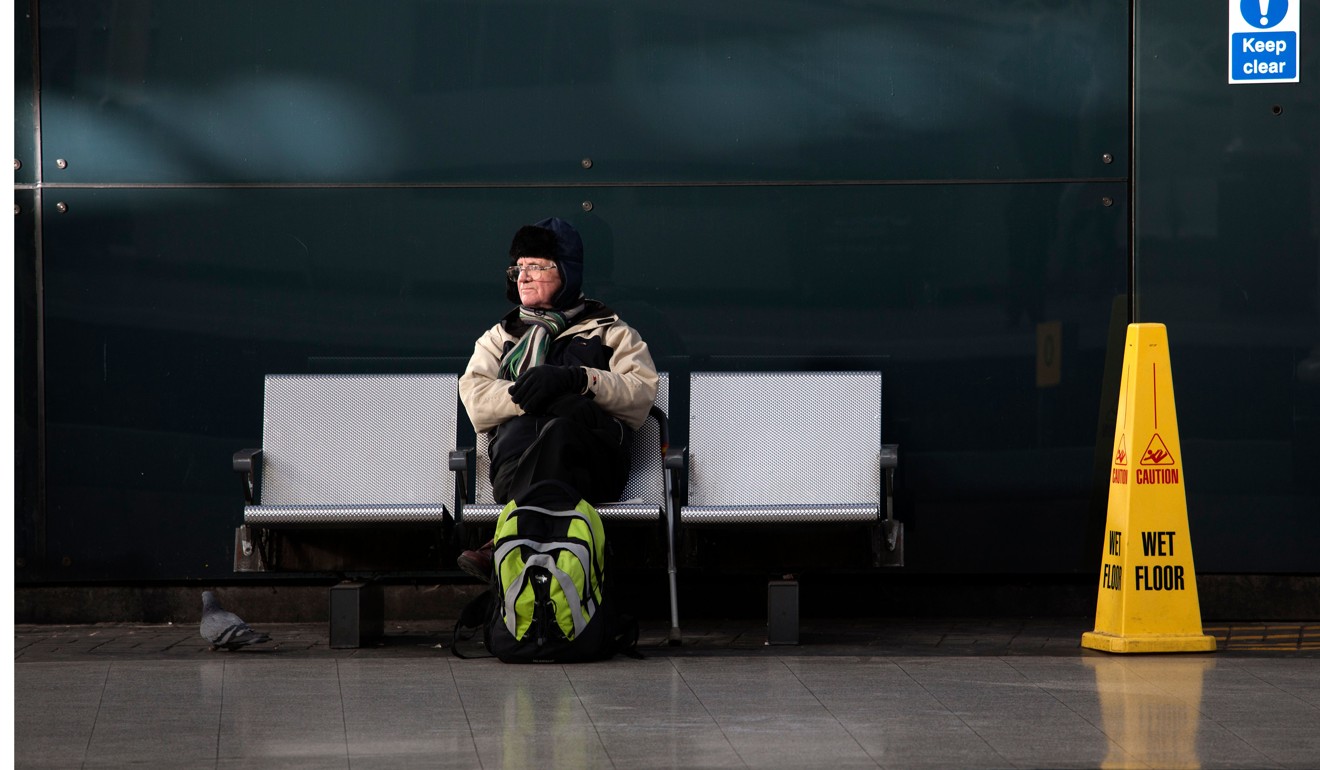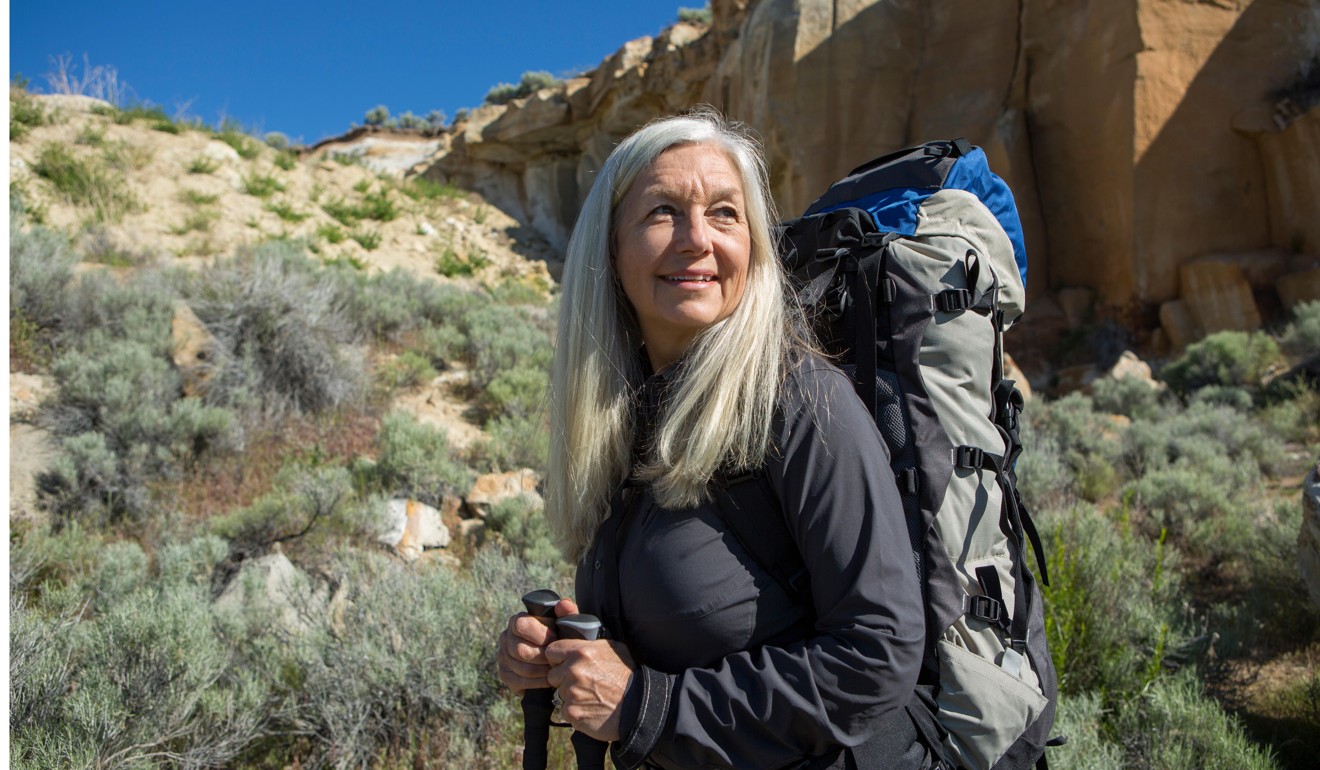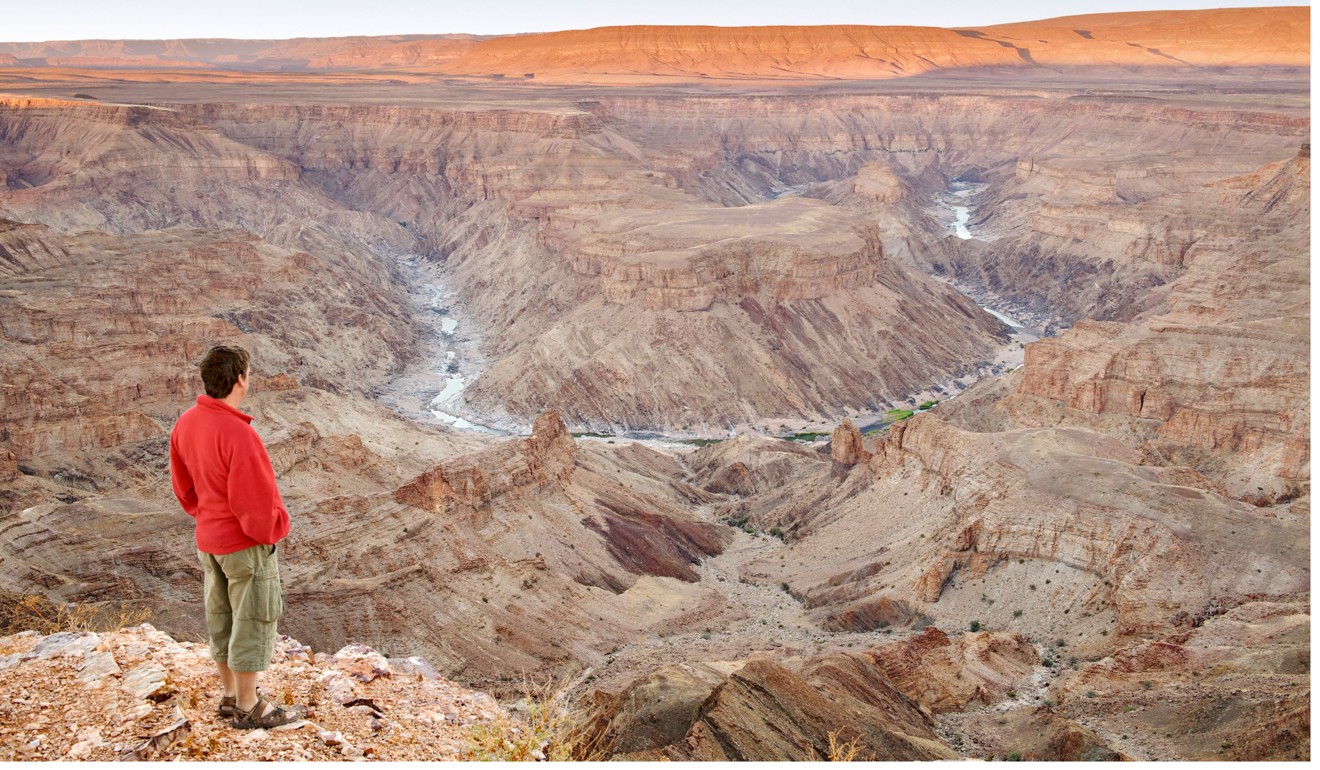
Grown-up gap year: how taking a leap can help you and even boost your career
A year away from home is not just reserved for the young and wild. Taking a sabbatical from your busy life is a perfect way to have a break, re-energise and broaden your horizons, and there’s no better time than now
There’s something delightfully indulgent about taking a grown-up gap year. Think Elizabeth Gilbert’s book Eat, Pray, Love. As she observed, every country she visited during her escape – Italy, India, Indonesia – began with the letter ‘I’. Talk about the ultimate ‘me time’ trip.
There are many reasons why grown-ups don’t take gap years: they can’t afford them, the opportunity never arose, they lacked the confidence, and, primarily, it’s hard to opt out of your life and your job.

Dr Patricia Philo Kopstein, a therapist who works at Blurton Family Development Centre in Hong Kong and specialises in mid-profession and mid-life issues, says grown-up gap years remind her of sabbaticals, which many professors and members of the clergy enjoy as part of their work contracts.
Six tips for planning a grown-up gap year
“The stated goal for clergy is to refresh and have personal time after non-stop public ‘on call’ time. For professors (and many professionals such as scientists and researchers), it is a time to pursue their own projects in the field,” she says. In other words – time out to extend knowledge that will ultimately help their own faculties.
The whole purpose of these programmes, says Kopstein, “is to revive and re-energise employees who may be feeling burnt out, or to prevent burnout”.


Stephanie Corbett, head of travel insurance at the site, says “with Brits focusing on their careers more than ever, many have forgone the chance to take time off for themselves to travel and explore”. “The launch of the Senior Gap Year competition is an opportunity for retirees to regain some of that travel time,” she says.
Dr Mark Greene, a registered counsellor with the Asian Professional Counselling Association, thinks grown-up gap years are a great idea, “especially in light of increasing longevity trends and the fact people have more time [on Earth] than our ancestors did”.
“The reasoning is sound when academics take breaks from teaching, and [are encouraged to] get lost, take an adventure, write a book, conduct research,” he says, “because they return rejuvenated, inspired, and ready to bring new ideas into courses they might have been sleepwalking through due to the sheer monotony and repetition involved before they set out.”
The same can probably be said of most careers: an escape lends new eyes, and broadens horizons and thinking. But if the time was spent “running away from the job”, Kopstein, says, it probably won’t be very useful for either the employee or the employer.
Given that employment patterns have altered over the generations, with “people changing employment more often than before, and rarely staying with one employer throughout their career”, the creation of a hiatus, a window of opportunity to travel, is rather fitting (assuming there’s some financial fat to carry you through).
Beach hopping in Goa, India’s colourful smallest state (just mind the coconuts)
Sue Griffiths, who wrote Gap Years for Grown Ups, partly attributes the attraction of a gap year among mid-career professionals to the portability of careers now, given, especially, the internet. Gappers can keep their CVs current as they travel even if the work they do isn’t always paid.

She says much is to be gained by a travelling career break. “Exploration of new worlds expands social and professional horizons, and sometimes even prompts an unplanned change,” Griffiths says.
Such a break “can be an empowering move in the contemporary workplace, and can be interpreted positively by employers as a sign of self-sufficiency and initiative. If you can reinvent yourself once, you can do it again, and this confidence and flexibility is valued by employers”.

Gap years for grown-ups can help to keep you young, fit, and interested. But you need to be grown up enough (“with enough financial ballast”) to take on one that, in all likelihood, will be a little more sedate and a lot more comfortable than the one your 18-year-old took. You possibly won’t want to sleep in a dormitory, take cold showers and exist on packet noodles.
A good plan is imperative. As is an even better backup plan.
Five things to consider if you’re going for a grown-up gap year

1. Renting out your own home. It will help to fund your travels, but consider insurance, a budget for repairs and using a good agent.
2. Consider finding a sound base abroad. Short lets are possible, and restorative. You may be on a gap year, but you’re not 18.
3. Good travel insurance. Look for long stay that covers health and possessions. Don’t cut corners, come clean about pre-existing conditions: if you don’t cite them, you could make your cover invalid. And on health: take a supply of any prescription medications.
4. Be money wise and visa savvy. Do your homework so that you aren’t caught short on rudimentary issues such as not having the correct paperwork to enter and then stay in the country of your choice.
5. Your pets. This is a tricky one. Nobody wants a kennel fee for a year. House tenants may be prepared to take them on. If your travel doesn’t take you too far from home, you could consider taking them with you, though that may present you with some other restrictions.

